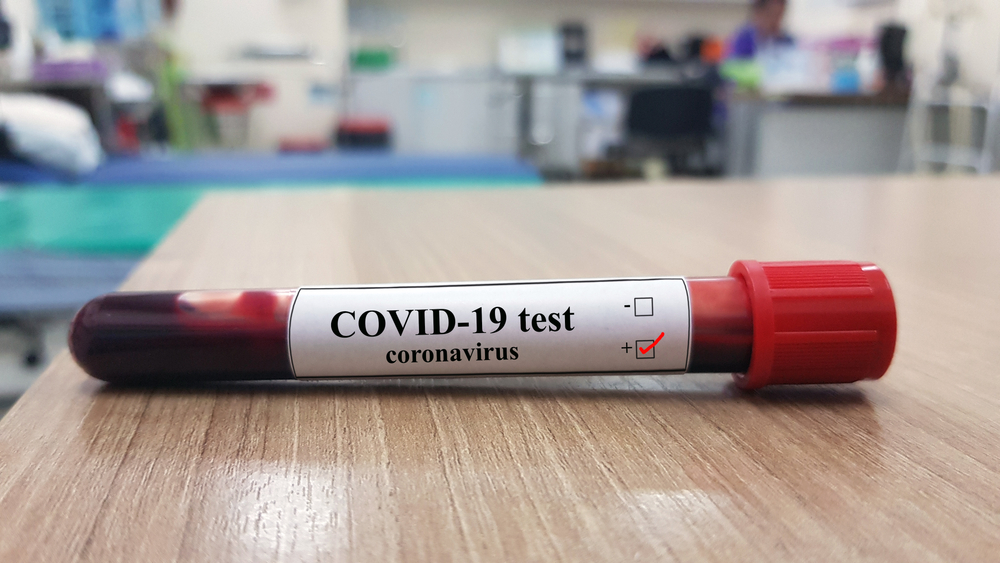
As more of the country reopened for business, U.S. Sen. Susan Collins (R-ME) used a recent Senate Health Committee hearing to press top health officials on the need for rapidly developing and scaling up production of COVID-19 tests and supplies.
The hearing, titled Shark Tank: New Tests for COVID-19, gathered both Dr. Francis Collins of the National Institutes of Health (NIH) and Dr. Gary Disbrow of the Biomedical Advanced Research and Development Authority (BARDA) before the Senate to discuss progress on new testing technologies. Experts have stressed that millions of more tests are needed for the United States to begin to be considered prepared for the ongoing pandemic.
The witnesses testified that new technologies could help produce tens of millions of tests. However, Sen. Collins openly pondered what more could be done to guarantee that when a good test is found, rapid scale-up in manufacturing could be guaranteed.
“With any one of these new kinds of technologies that we are trying to encourage through the ‘Shark Tank,’ what are all of the things that you are going to be short of and you should have planned for… and if necessary come up with ways, as you have done in Maine, to double or triple the production,” Dr. Collins said. “We need to be thinking in advance and not get caught by surprise. We will not make that mistake again.”
Another major issue is that much of the manufacturing capacity for such technologies lies overseas, a fact that has repeatedly hampered U.S. efforts to respond to the crisis.
“Last year, I introduced a bill called the MEDS Act after I reviewed alarming data that indicated how dependent our countries pharmaceutical market was on overseas suppliers of APIs,” Sen. Collins said. “I discovered that 72 percent of the facilities producing APIs were located overseas, and 13 percent of those were located in China. Clearly, we should not be so dependent on foreign nations for essential ingredients for our medications, and that’s going to be really important as we develop treatment for the coronavirus.”
During the hearing, the senator also pointed to some of the positive changes the Defense Production Act has allowed. For example, it has funneled a $75.5 million grant toward Puritan Medical Products, a Maine-based company, which proposes to double its testing swab manufacturing capabilities from 20 million per month to 40 million per month. To make this happen, it will work with Cianbro and Bath Iron Works to create a new manufacturing facility with that money.




